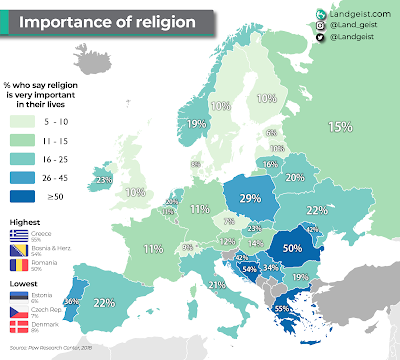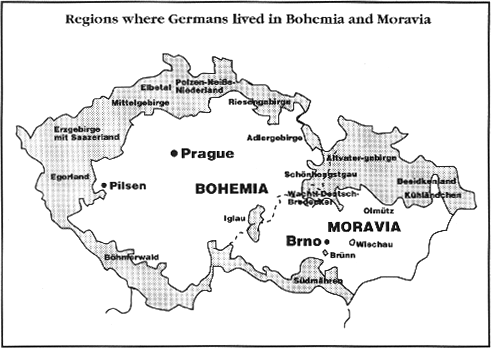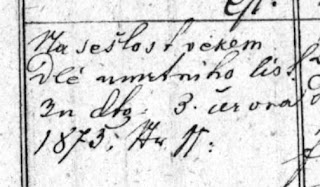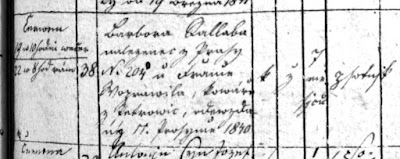If you have thought about supporting this blog and its authors on Patreon, maybe you hesitated to sign up because you don't know what to expect there.
https://www.patreon.com/czechgenealogy
Right now you can read the public posts. But there are also Patrons only posts. Curiosities from the parish books and other documents, but not only that. Photos from different places in the Czech Republic (such as Kutná Hora, Praha, Telč etc.). Polls about upcoming posts. Bonuses to the public posts. And of course, free record translation every month if you become Sponsor or Benefactor.
And here is an example of a post I would usually post for Patrons only - one of the curiosities from my own research...
Czech archives collect not only parish or cadastral books and other official materials, but also other documents.
This one is from the Opava district archives and it's a poster for the exhibition of hunting trophies and dog exhibition which took place in Opava on Sunday 22nd September 1895.
Do you like the drawings? I love them!



.jpg)













